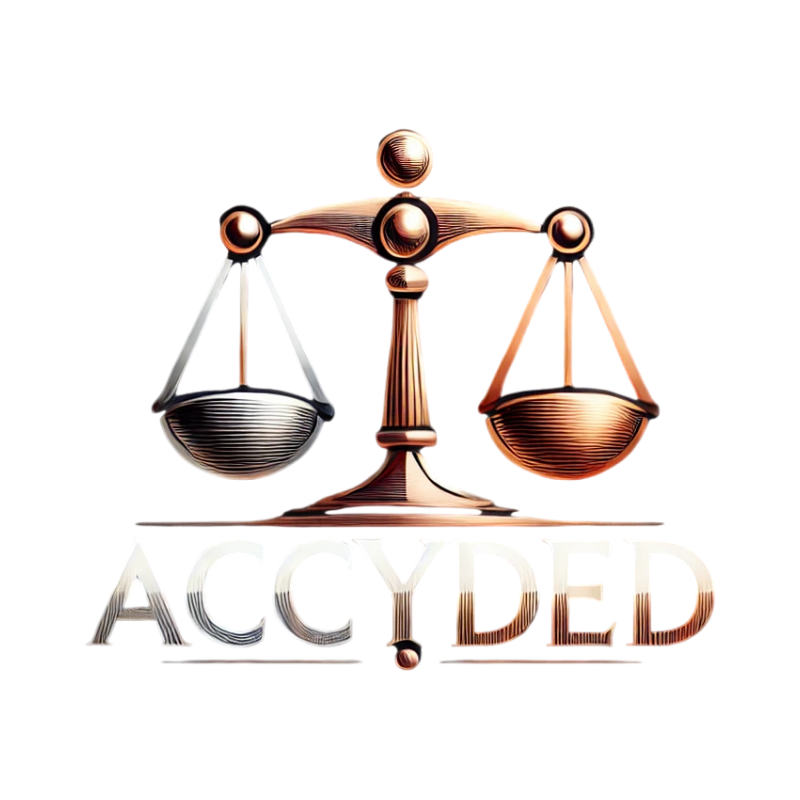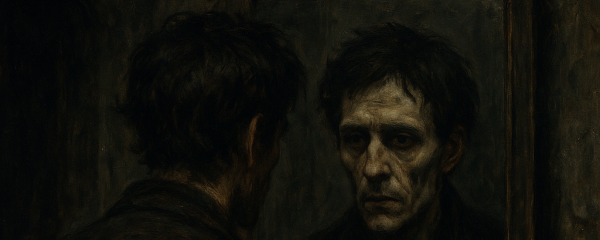The image of a country is, without a doubt, the reflection of its judicial system. We must not forget that the control of compliance with the laws falls to this power of the State, considered, together with the legislative and the executive, one of the three fundamental pillars of the Rule of Law. However, when the judiciary succumbs to corruption, the consequence is devastating: a country in which the law of the strongest prevails and where justice ceases to be a universal value to become a privilege of a few.The history of our country, the Kingdom of Spain, does not help to dispel doubts. During the last two centuries we have gone through more than seven constitutions, the result of political crises, civil wars and continuous ruptures of the institutional order. In the face of this instability, a simplistic discourse has spread, the "typical Spanish", which seeks to justify our structural deficiencies as part of a national idiosyncrasy. However, to accept that alibi would be to deceive ourselves:
What often underlies it is not a cultural trait, but the consolidation of collusive and corrupt networks that, disguised as legality, mask reality and hijack citizens' trust in the system.
The judiciary, unlike the legislative and executive branches – whose representatives are elected at the polls and periodically renewed – is made up of public officials who hold positions of enormous importance, often with an irremovability that can be transformed into impunity. Thus, although every four years we can change governments or parliaments, it is very difficult to change the course of the country if the "tough" judiciary blocks any attempt to purify responsibilities in cases of corruption. Indeed, there are indications that some magistrates have woven a genuine network of mutual protection that hinders accountability and, it has been alleged, could even be linked to irregular financial practices in tax havens.
The media often give extensive coverage to corruption scandals in other countries, but when it comes to lifting the veil on possible judicial plots in Spain, the silence is deafening.
Why?
Because confronting this network implies challenging a power that sometimes acts like a mafia: it protects its own, persecutes the whistleblower and even uses the state apparatus to intimidate or punish those who dare to point out its abuses. The case of Judge Fernando Presencia, who has been in prison for more than two years after having denounced alleged judicial irregularities, crudely illustrates the price that can be paid for trying to rattle the cat.
And yet, it's not all doom and gloom. This situation, although bleak, has served as a catalyst for the creation of associations and citizen movements that demand transparency, real independence of the judiciary and genuine democratic control over those who dispense justice on behalf of the people. In our case, far from giving up, we have found in this struggle a reason for unity and resistance.
We firmly believe that a solid democracy cannot be built on an opaque and corporatist judiciary, but on responsible judges, subject to the same citizen scrutiny that they demand of others. Only when we manage to open the windows of justice so that the light of truth can enter, can we aspire to a country in which the law is not a weapon against the weak, but a shield that protects them.
We will continue to exist, denounce and resist as long as this reality does not change. Because, after all, the true greatness of a country is measured by the dignity and courage of those who do not resign themselves.
Let's go for them.





